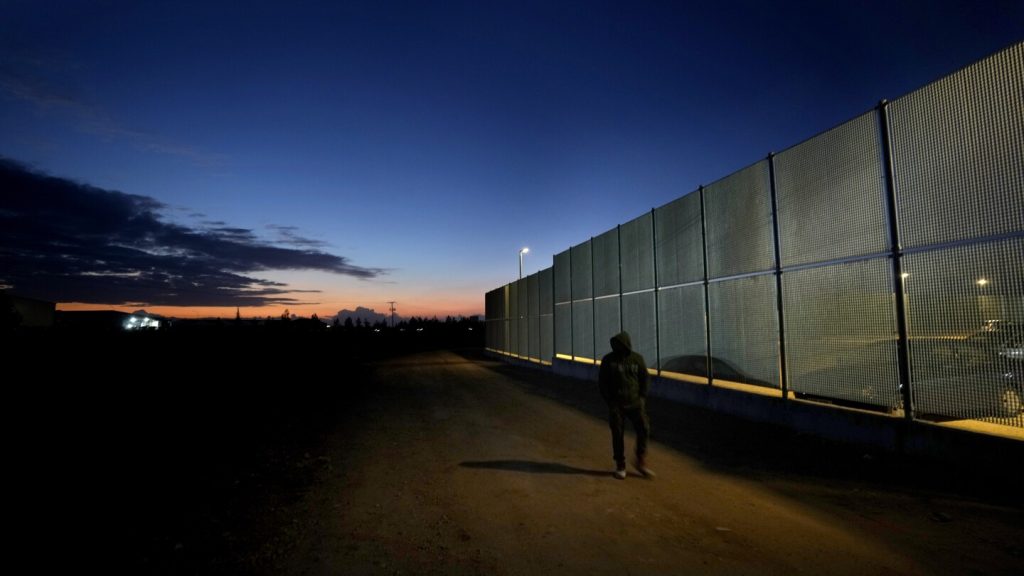Cyprus has announced the suspension of processing all asylum applications by Syrian nationals due to the large number of refugees arriving on the island by boat, primarily from Lebanon. The government cites efforts to designate certain areas of Syria as safe zones for repatriation as a reason for the suspension. The decision comes after Cypriot President Nicos Christodoulides visited Lebanon to urge authorities to prevent migrant departures from their shores, following a significant increase in arrivals compared to last year.
Christodoulides and Lebanese caretaker Prime Minister Najib Mikati have called on the European Union to provide financial support to help Lebanon prevent migrants from reaching Cyprus. The Cypriot president had also asked EU Commission chief Ursula von der Leyen to intervene with Lebanese authorities to curb migrant boat departures. Despite a bilateral agreement between Lebanon and Cyprus for the return of migrants, Lebanon is reportedly not holding up its end of the deal due to domestic pressures.
Lebanon is currently facing a severe economic crisis and hosts a large population of U.N.-registered Syrian refugees, of which 90% live in poverty. Lebanese officials estimate that the actual number of Syrian refugees in the country is far higher than the U.N. figure, with many fleeing the ongoing civil war in Syria. Cypriot Interior Minister Constantinos Ioannou has been seeking support from other European countries to push for the designation of safe zones in Syria, which would enable EU nations to send back Syrians from those areas.
Ioannou has visited Denmark, Czechia, and Greece to gather support for the safe zone initiative and is working with his counterparts to draft a document for the EU executive to initiate discussions on the matter. Despite efforts to designate parts of Syria as safe for repatriation, U.N. agencies, human rights groups, and Western governments maintain that the country is not yet safe for refugees to return. The situation highlights the challenges faced by countries in the region in managing the ongoing refugee crisis and the need for coordinated international efforts to address the issue.


